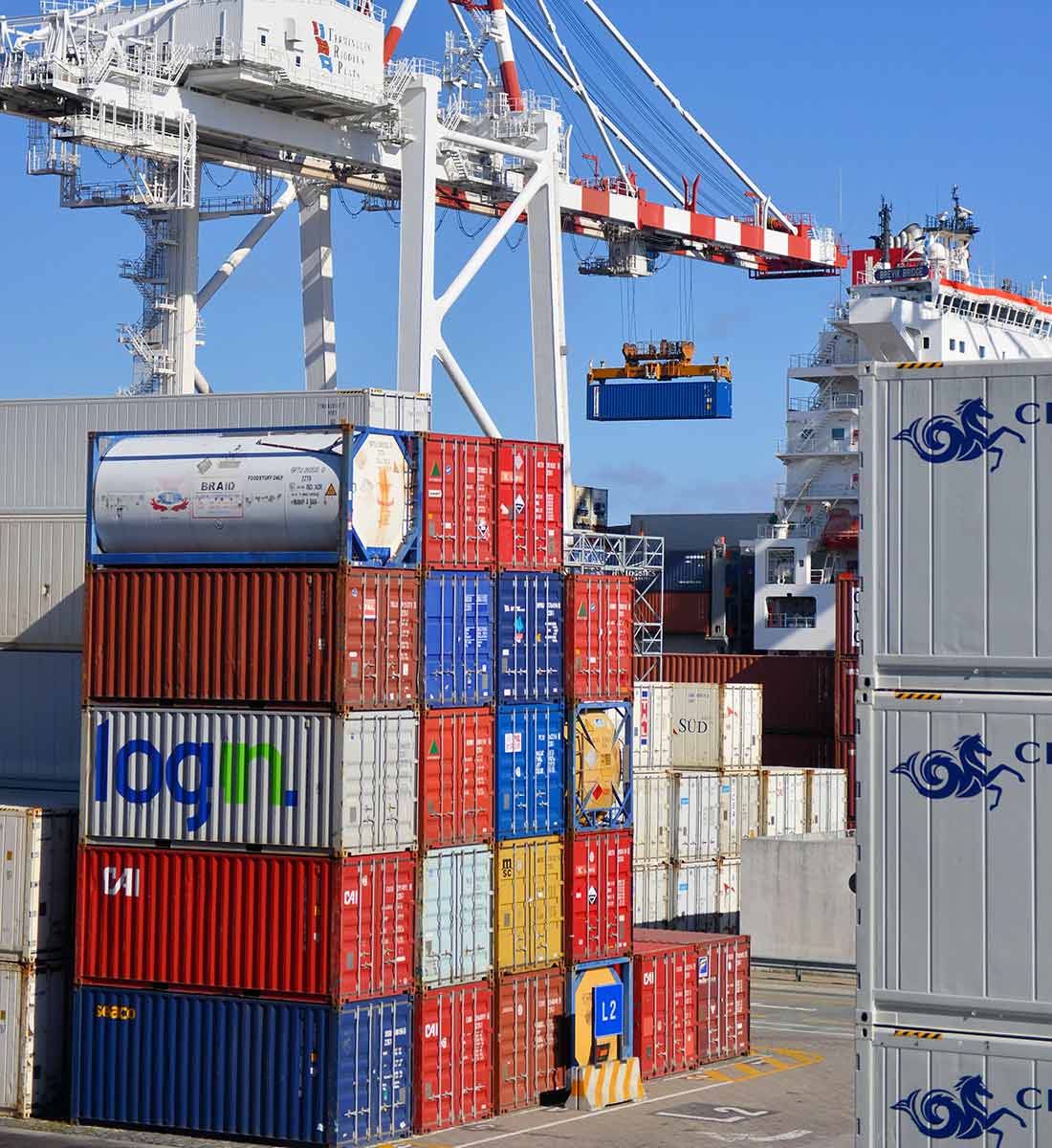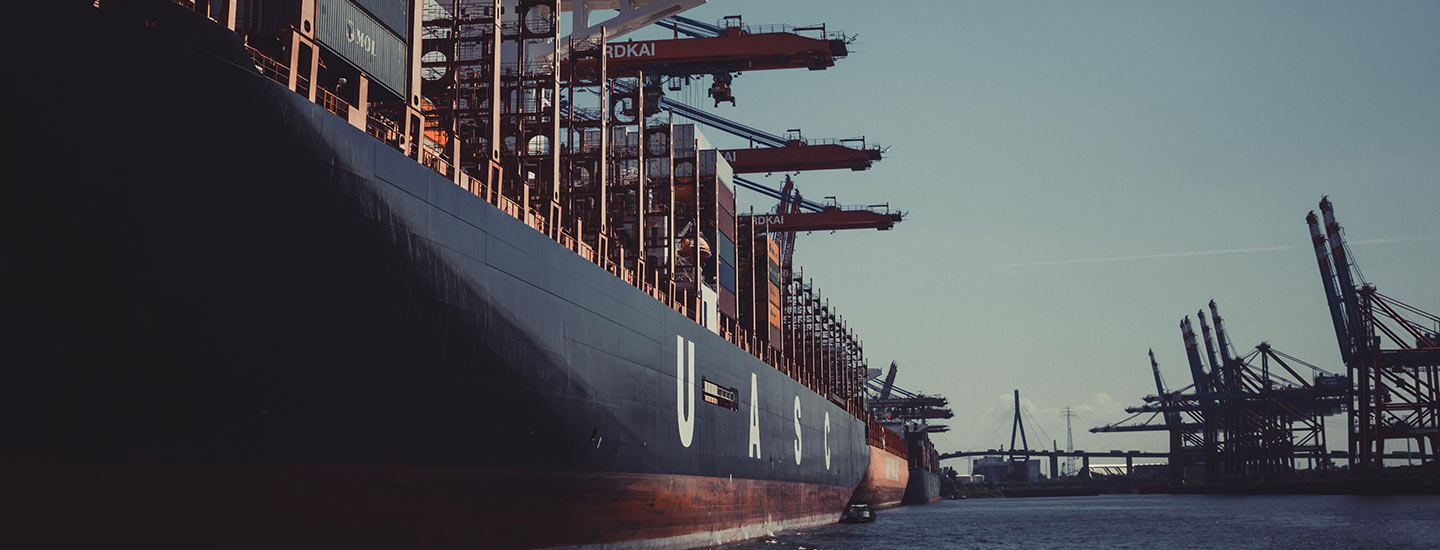Why Do We Have Incoterms® and How Are They Used?
Incoterms® were designed to consolidate all of the various terms used by buyers, sellers, clients, lawyers, governments, and others involved in the trade industry into one set of predefined rules. By doing this, the ICC aimed to reduce the amount of misunderstandings that arose from having multiple terms for the same things. The new terms would be understood by everyone regardless of location, reducing or eliminating many of the buyer/seller disputes that were common at the time.
What Considerations Are Needed?
If you are shipping anything internationally, it is always best to have a working idea of the terms that apply to you and your shipments. This will help you understand how the shipping process works, what you are paying for, and what you need to do to make certain that your pallets and containers reach their destinations without any problems.
Incoterms® for All Types of Transportation
Below is a list of the rules that govern all types of transportation:
EXW – Ex Works means that the seller is going to provide goods to a buyer on their premises or at an agreed-upon location. The buyer will have to come to that location to collect what they have purchased. The seller is under no obligation to load the goods onto the buyer’s vehicle or to clear them for export.
FCA – Free Carrier is the term used when the seller delivers goods to a third party selected by the buyer, who will then deliver them to the buyer. The seller and this third party may meet at the seller’s location or at an agreed-upon place.
CPT – Carriage Paid To is a term connected to FCA. It states that the seller is obligated to pay for any and all costs related to transporting the products to the location where they will meet with the third party, if they select the third party. If the buyer makes the selection, the seller is not obligated to pay these costs.
CIP – CIP stands for Carriage and Insurance Paid To. It means if the seller selects the third party who will transport goods to the buyer, the seller has to not only cover the cost of transporting the goods to the agreed-upon location, but also must cover the cost of insurance. This insurance will protect the buyer from the damage or loss of the goods while they are being transported. However, the seller is only required to purchase the minimum amount of coverage. If the buyer wants additional insurance, they will need to either make additional arrangements with the seller or provide their own additional insurance policy.
DAT – If something is Delivered At Terminal, it means that the seller will deliver the goods and unload them from their chosen method of transportation at the agreed-upon terminal of the port or other place of destination. The buyer is then responsible for picking up the goods. This does not mean that a terminal has to be located at a port, airport, or other location; it can include a warehouse, container yard, quay, or other location, and it does not have to be covered. The seller assumes all of the risks involved in transporting and unloading the goods to this destination.
DAP – If something is Delivered At Place, it means that the seller will deliver the goods to the buyer on whatever arriving means of transportation were used. The seller does not have to unload the goods, only make them ready for unloading. The seller also assumes all risks and responsibilities in transporting the goods to the agreed-upon location.
DDP – Short for Delivery Duty Paid. DDP means that the seller will deliver the goods to the buyer when they are placed at the buyer’s disposal and have been cleared for import. The goods will be ready for unloading at the agreed-upon destination. The seller bears the risks and costs involved in transporting the goods plus import and export costs, duty fees, and other customs costs.
Incoterms® for Sea Transport
The following rules apply specifically to inland waterway and sea transportation:
FAS – Free Alongside Ship indicates that the seller has fulfilled their delivery obligations when the shipment is placed near the vessel that the buyer selected at the port. Any risk of damage or loss is assumed by the buyer once the goods are placed in the location.
FOB – Free On Board, on the other hand, means that the seller shall deliver the shipment on board the ship selected by the buyer at the port. The buyer assumes the risk of damage or loss once the goods are placed on board the vessel.
CFR – Cost and Freight indicates that the seller delivers the shipment on board the vessel or receives the goods that have been delivered. The seller has to pay all costs needed for the goods to reach the port.
CIF – Cost, Insurance, and Freight is identical to CFR, except that the seller also must pay for insurance to cover the buyer’s risks. The seller only needs to purchase the minimum amount of coverage, but the buyer may purchase additional insurance.
How Nefab Can Help
If you are confused about some of these terms or what exactly you have to do to follow various rules that the ICC has set down, Nefab can assist you. Our team has years of experience in the transportation industry, and we are very familiar with the Incoterms® and how they can impact your business. If you have any questions, simply contact us for clarification.


